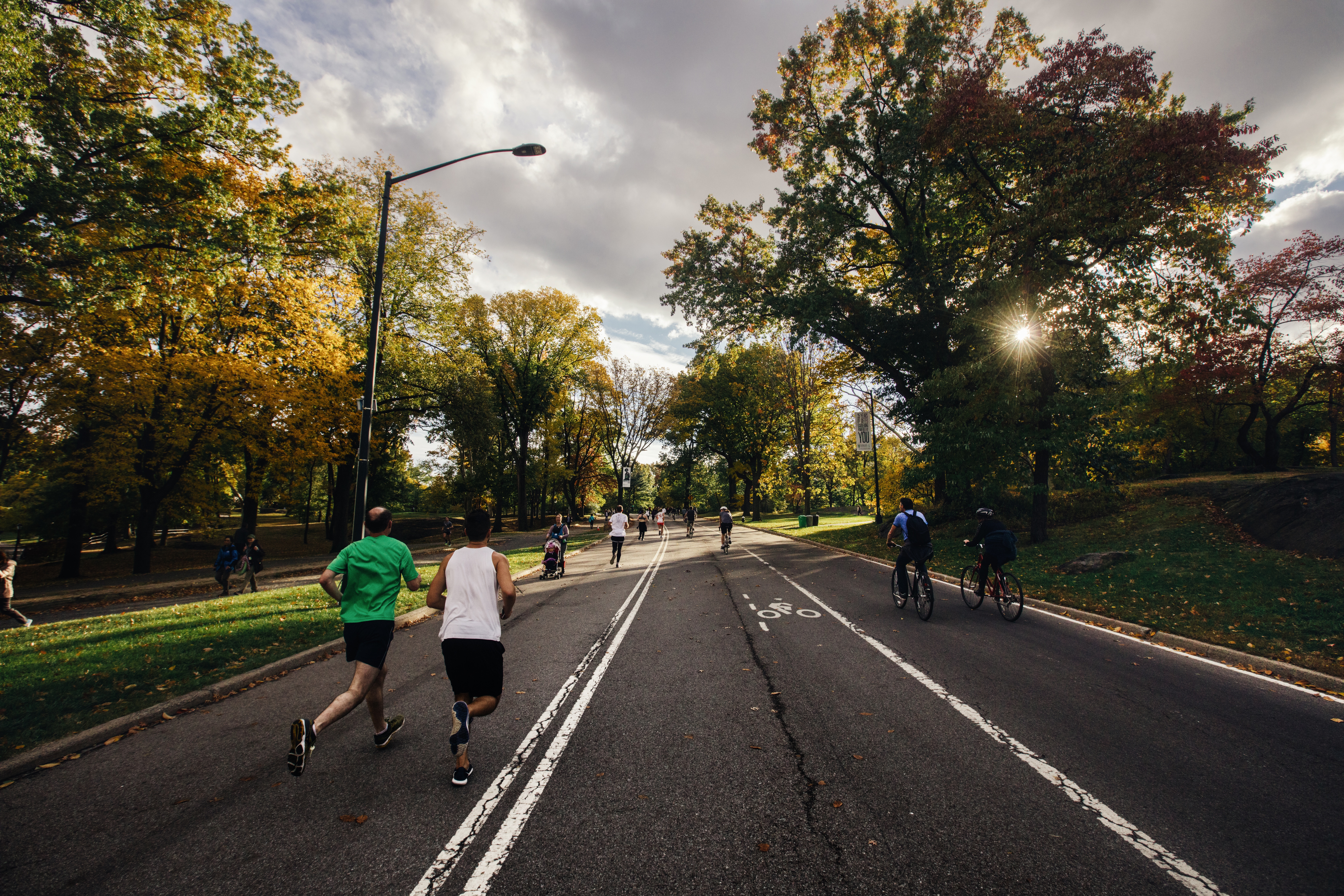
On the off chance that you are stepping up your running regimen with expectations of getting more fit, you may be going in circles: There is a breaking point to what number of calories we can burn through in work out.
This message originates from a study of 332 adults of varying fitness levels living in the United States, Jamaica and Africa. Scientists measured their activity levels and calories burned for seven days utilizing an accelerometer.
The specialists found that individuals who were more active likewise burned more calories, yet just to a limited degree. Those most active hit a level and did not burn a greater number of calories than those who were less active.
RELATED: Here’s Why You Exercise So Much and Still Can’t Lose Weight
The study is in line with theory that burning a lot of calories is a less practical weight reduction technique than we may have thought, or trusted. “We can’t push the calories out [value] around too much,” said Herman Pontzer, associate professor of anthropology at Hunter College. “Our bodies work very hard to keep it the same.”
Now might be a good time to revise that age-old message: To lose weight, simply exercise more.
“We would say that ‘If you want to lose weight, you probably ought to focus on changing your diet and watching how much you eat.’ Exercise can help and it’s really important [for health in general], but they are two different tools,” Pontzer said.
Making the Most of exercise
The challenge of trying to lose weight just by exercising more is no secret to some clinicians. “This study actually explains a phenomenon that I see quite commonly,” said Dr. Holly F. Lofton, director of the Medical Weight Management Program at NYU Langone Medical Center.
Individuals who are increasing their activity levels, for example, going from being inactive to strolling or going from strolling to running a couple of miles a day, will most likely increase the amount of calories burned. Yet, “over time, as you do higher levels of activity, you don’t increase your energy expenditure [or calories burned] in a linear way,” she said.
This is the same on the flipside, as far as calories we take in. “We tend to think that if [patients] eat less than 800 calories, the body’s metabolism shuts down to a level that weight loss slows down quite a bit,” Lofton said.
“If you run all the time, try biking or swimming, and if you bike, try running or swimming, because using different muscles can increase your energy expenditure again,” Lofton said. “It may also be possible to decrease and then increase your activity again and get an increase [in calorie burning],” she said.
RELATED: 8 Essential Facts About Your Metabolism and Weight Loss
What’s more, on the off chance that you want to depend on your Fitbit or other gadget to track the number of calories you’ve burned, reconsider: We most likely burn relatively less calories as we exercise at higher intensities.
“Activity monitors are going to be wrong at predicting energy expenditure because they aren’t incorporating this adaptation,” Pontzer said.
There’s some good news to be had here. The plateau in how many calories participants burned was higher for those with more body fat. “Body fat is sort of a long-term signal to the body about how active you have to be and how much food is available, so your body might burn more calories,” Pontzer said.
Each of us probably maxes out at a slightly different calorie-burning plateau, Pontzer said. In addition to body fat, it could depend on metabolism, hormone levels, muscle mass and genetic differences.
Calories in the bank
Pontzer and his partners investigated the sorts of calories the members in the study were burning. They found that the members did keep burning increasingly more calories as they exercised more, however over a “breaking point,” Pontzer stated, their bodies compensated by burning fewer resting calories, which are used for carrying out basic biological functions.
It is as if we have a set number of calories in the bank that our bodies let us burn. If we blow too much of that allowance doing physical activity, our bodies may keep us from spending too many calories doing things like ramping up our immune system or stockpiling reproductive resources.
RELATED: Why Your Parents Didn’t Have as Much Trouble Losing Weight As You Do
This strategy may be pretty primitive. “We think this is a really common evolutionary adaptation that all animals use to keep from outstripping their resources and to keep from starving. Your body is listening to your environment and setting an energy expenditure level it can maintain,” Pontzer said.
The FM message. As with all small studies, take this with a grain of thought. Exercise still very important, but it might not enable you to accomplish your weight loss goals.
Curated article from CNN.


